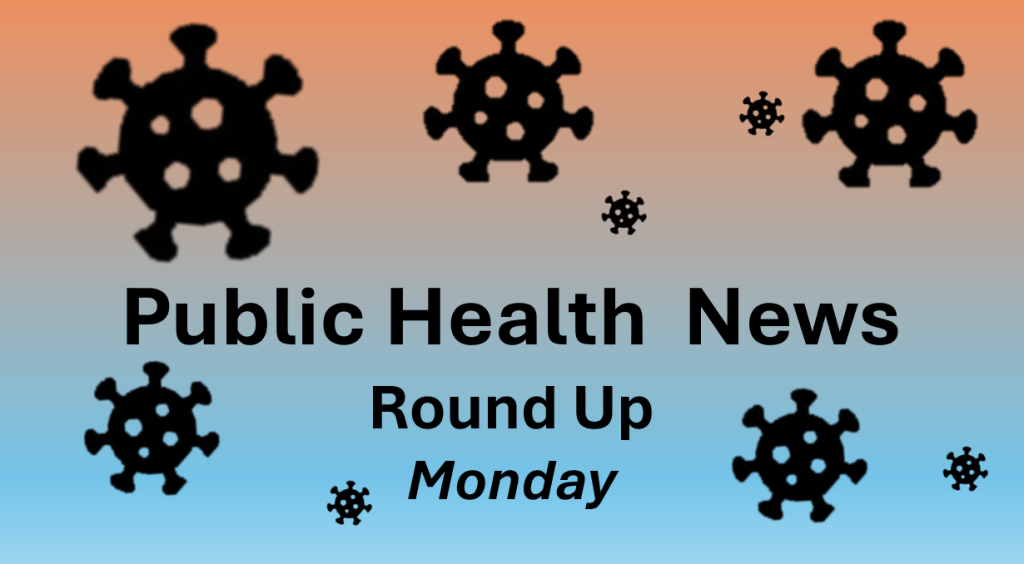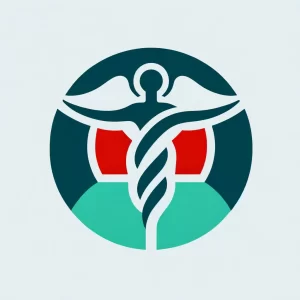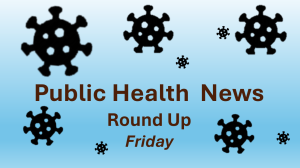
Public Health News Round Up, April 21, 2025
Time is Running Out—Sustain Public Health Today!
Receive trusted insights that empower you to make immediate community impacts. Our fully independent, self-funded work depends on your subscription. 🔥 Your action matters—share this blog right now to expand our critical network of changemakers!
Call 911 for heart attack or stroke symptoms, or just drive to the ER? What doctors say you should do
When experiencing symptoms of a heart attack or stroke, it’s critical to call 911 rather than driving yourself or a loved one to the hospital. Medical professionals emphasize that emergency services can provide immediate care, often starting treatment on the way, and ensure you reach the most suitable medical facility for your needs, significantly improving your chances of survival and reducing the risk of severe complications. (Editorial comment — sure, but this disregards the fear people that they’ll be burdoned with a $20K ambulance bill)
Dispute involving Affordable Care Act’s preventive care coverage to face Supreme Court
The Supreme Court is set to hear a case that could significantly impact whether preventive health services remain available at no cost to millions of Americans, as part of the Affordable Care Act’s provisions. If the court rules against the current structure of the U.S. Preventive Services Task Force, many could face out-of-pocket expenses for vital screenings and medications, leading to reduced access to life-saving preventive care, especially for vulnerable communities.
Public health’s reckoning started with COVID. It was too late.
This article delves into long-standing criticisms of the U.S. public health system, intensified by its handling of the COVID-19 pandemic. It highlights the tension between public health measures and individual rights, arguing that paternalistic approaches have eroded trust and urging for a future strategy that balances life-saving efforts with respect for personal dignity.
RFK Jr. struggles to navigate frustrated supporters and a demanding boss
Robert F. Kennedy Jr.’s appointment as Health and Human Services Secretary has opened a rift between his “Make America Healthy Again” (MAHA) movement and President Trump’s agenda, as supporters express frustration over his slow implementation of policies like halting mRNA-based COVID vaccines and removing fluoride from water. Amidst a strained working environment with significant staff reductions and an unfocused agenda, Kennedy faces pressure to navigate MAHA’s controversial goals—like the dismantling of vaccine programs—while balancing Trump’s priorities, all in the face of urgent public health crises like a measles outbreak and bird flu threats.



